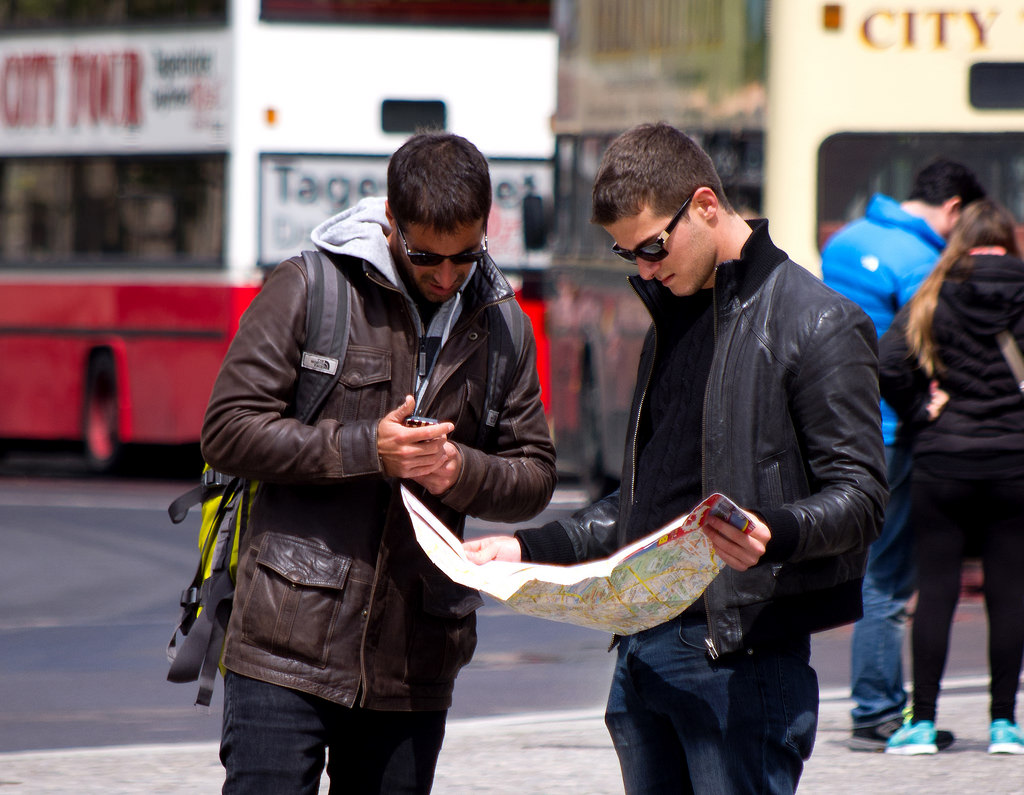 EMERGING TECH
EMERGING TECH
 EMERGING TECH
EMERGING TECH
 EMERGING TECH
EMERGING TECH
DeepMind Technologies Inc. has developed an artificial intelligence that learns city streets by exploring them “on foot,” allowing the AI to navigate without a map.
The company, owned by Google LLC, outlined its methods in a new research paper, and DeepMind research scientists Piotr Mirowski, Raia Hadsell and Andrew Zisserman wrote a blog post late last week explaining why the technology matters and what it means for the future of AI.
“Navigation is an important cognitive task that enables humans and animals to traverse, without maps, over long distances in a complex world,” said DeepMind’s researchers. “Such long-range navigation can simultaneously support self-localisation (‘I am here’) and a representation of the goal (‘I am going there’).”
The researchers built the AI by training a neural network to understand first-person perspective images from Google Street View. The team gamified the images by rewarding the AI when it reached its destination, which reinforced the skills it used to understand and navigate its environment. DeepMind’s researchers said that the AI “learns to cross entire cities in this way,” and it can apply the skills it learned to entirely new cities.
The company’s navigator AI could have a wide range of uses, steering everything from robotic vacuums to aerial drones, but one of the most obvious uses for the technology would be in self-driving cars. The AI could help a self-driving car navigate areas where maps are either inaccurate or unavailable, and the car could then share its information with other vehicles, making them all smarter. The researchers were quick to mention that their neural network “did not use traffic information nor try to model vehicle control,” but this data could easily be used in future versions.
DeepMind’s researchers also believe that their AI could provide insights into how humans learn about their environment. “Studying navigation is fundamental in the study and development of artificial intelligence,” they said, “and trying to replicate navigation in artificial agents can also help scientists understand its biological underpinnings.”
Support our mission to keep content open and free by engaging with theCUBE community. Join theCUBE’s Alumni Trust Network, where technology leaders connect, share intelligence and create opportunities.
Founded by tech visionaries John Furrier and Dave Vellante, SiliconANGLE Media has built a dynamic ecosystem of industry-leading digital media brands that reach 15+ million elite tech professionals. Our new proprietary theCUBE AI Video Cloud is breaking ground in audience interaction, leveraging theCUBEai.com neural network to help technology companies make data-driven decisions and stay at the forefront of industry conversations.